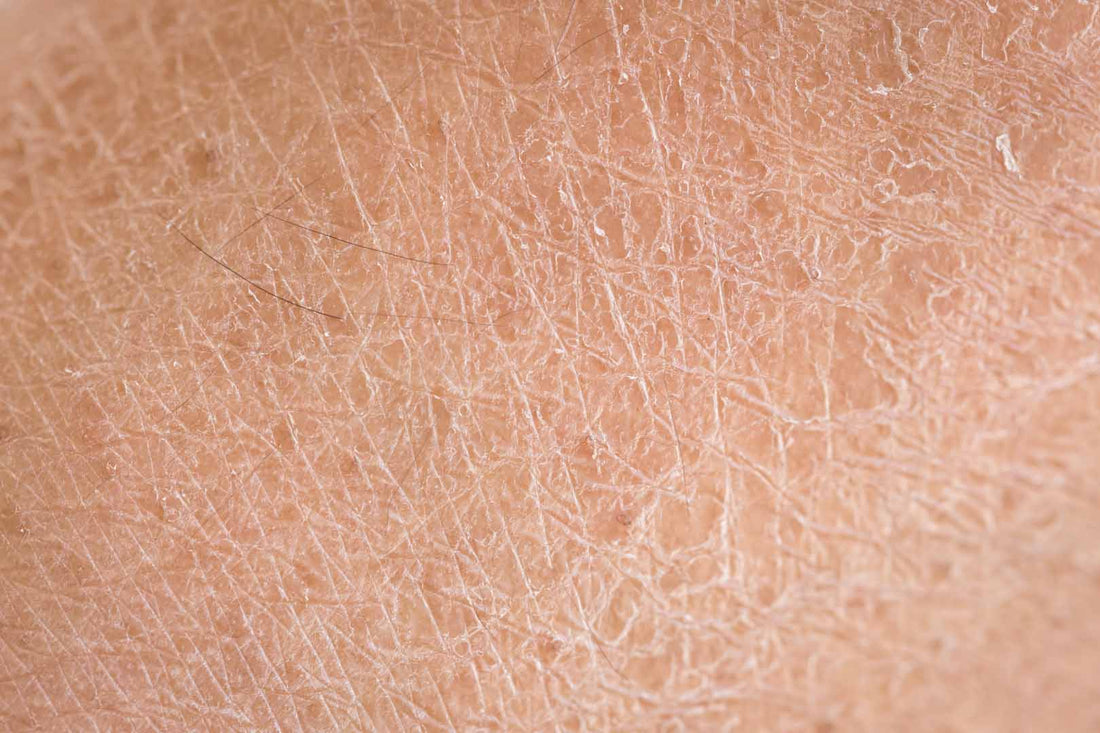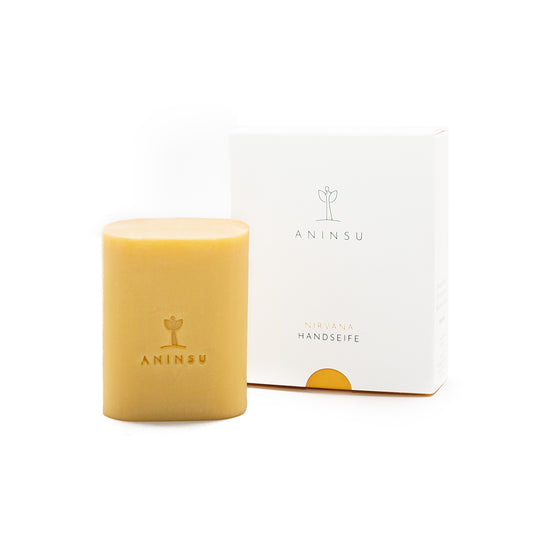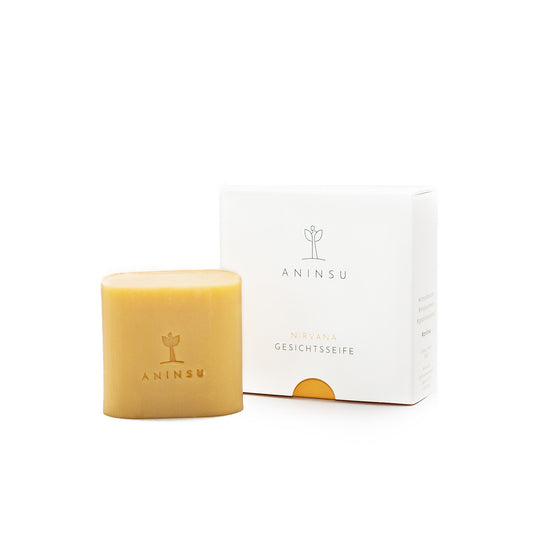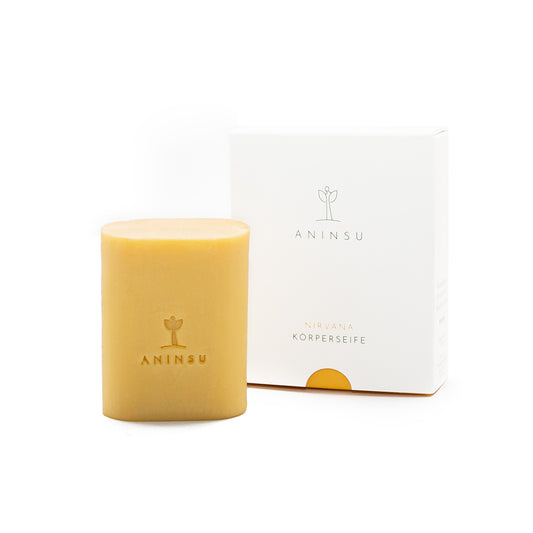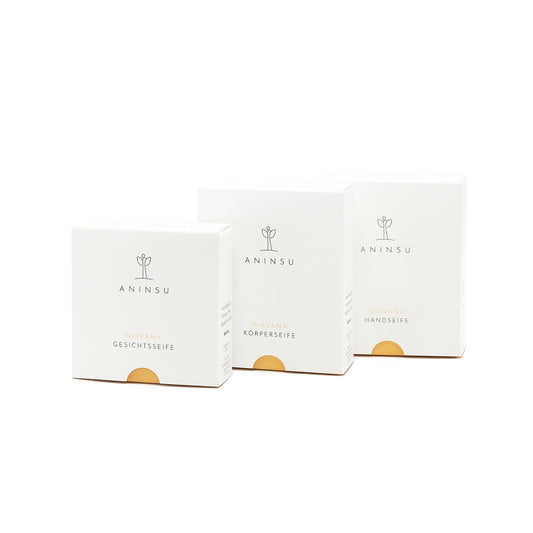For people with dry skin, the search for the right skincare can often be a challenging journey through the beauty jungle. But what does it actually mean to have dry skin and what pitfalls and opportunities arise from this skin condition?
Thirsty skin
Dry skin is not just a cosmetic concern, but often a sign that the skin is thirsty for moisture. This need can be intensified by various factors such as environmental influences, the wrong skincare products or genetic predisposition. In an age where the range of skincare products on offer is almost endless, people with dry skin face the challenge of finding the right products.
But what is dry skin? This skin type is a skin condition that lacks sufficient moisture and lipids. People with dry skin tend to have a lower production of sebum, the skin's natural oil. This leads to a weakened lipid barrier, which normally serves to protect the skin from moisture loss. Dry skin can manifest itself through symptoms such as flaking, roughness, tightness and itching. This skin tends to be more sensitive to external influences such as cold weather, windy conditions or hot baths.
It is important to note that dry skin is a skin type that is genetically determined but can also be influenced by environmental factors. Caring for dry skin requires moisturisation and the use of products that strengthen the natural lipid barrier to minimise moisture loss.
The trials and tribulations of skin care
A critical look at the ingredients in skincare products is essential for people with dry skin. Many conventional products contain potentially irritating substances that can exacerbate the skin problem. The apparent benefit of a fragrant lotion can turn out to be a chemical burden. It is therefore crucial to understand the ingredients and opt for skin-friendly alternatives.
Moisture from nature: the magic of natural care
More and more people with dry skin are discovering the power of natural skincare products. Ingredients such as aloe vera, shea butter and jojoba oil intensively moisturise the skin without irritating chemicals. The trend towards sustainable and nature-conscious skincare is also reflected in the increasing popularity of handmade soaps and natural skin oils.
The psychological dimension of dry skin
Dry skin has not only physical but also psychological effects. The constant urge to care for the skin can become a burden. The social pressure to have flawless skin often intensifies the already existing discomfort. A positive attitude towards one's own skin and finding effective skincare practices therefore become key aspects of quality of life for people with dry skin.
Conclusion: the journey to healthy skin
The challenges posed by dry skin are many and varied, but by no means insurmountable. With a conscious approach to skincare products, the integration of natural skincare and a positive attitude, people with dry skin can not only improve their skin health, but also find an inner balance that has an impact on their general well-being. In a society characterised by sometimes unrealistic beauty ideals, authentic skincare and acceptance of one's own skin type is becoming increasingly important.


